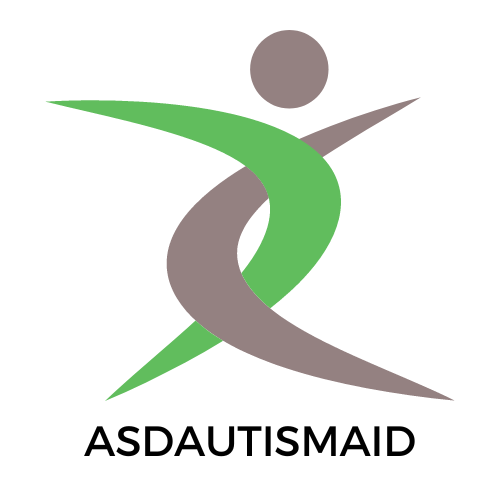Prosody refers to the’ song’ of discourse — the music, ball, stress, and volume that communicate meaning and emotion beyond the precise words themselves. Think about a flat statement like’ Genuinely?’ compared to one with a rising tone, expressing real attention.
When I work with kids on creating speech sound patterns, we concentrate on acquiring individual sounds before combining them with specific words. Prosody is a vital component of a child’s conversation production.
Prosody can be a potent instrument for producing clearer words and phrases in CAS, where planning and carrying out the motor moves for speech is difficult.
Here’s why practicing fluency is a must for CAS conversation therapy:
1. It aids Motor Learning:
The planning and execution of discourse activities are impacted by aphasia of conversation. When we model words using inflated intonation or stress patterns, we add more syllable variation and, consequently, more audio cues. These signals frequently aid my student in making the appropriate machine motions for a word or phrase.
For example, I may say’ ball’ with a substantial- pitched focus on the’ b’ sound. This audio sign might be more helpful in guiding the boy’s tongue placement than merely repeating the term without variation.
In this brief video clip, I instruct my student to say the word” sneep” with a high voice followed by a lower voice “like a bear” ( since we were working on that particular sound sequence: snuggle, snee, sneeze, and sneeze ) with a high voice, which again provides that extra auditory cue, but the fun aspect also helps to distract from the intense focus on a challenging movement pattern.
By now, repeated practice has already established the new pathways, and presently my student can instantly produce a motor pattern without exerting too much. When it occurs, it’s beautiful and gives me quite a thrill.
2. It improves the healthy and interesting sound of speech:
Kids with CAS frequently sound mechanical or level due to difficulties with syllable elements. By incorporating deviations in pitch, volume, and music during treatment, we can help attain a more natural flow of conversation
3. It makes it easier to express our emotions:
Children with CAS frequently fight with emotional expression, partly because of the trouble of writing in plain, concise sentences, but also because their talk is n’t musically or musically coherent.
Hence, it is crucial to include activities that practice various emotions and intonation patterns. This can really help our kids express emotion in their terms.
Fun words to practice include joy thoughts like” Wow!” or ‘ Yeiih’ or energy words and phrases like’ No! ‘ or ‘ Gimme that’ etc.
Making Therapy Fun and Engaging:
Speech therapy for CAS should n’t be all exercises and drills ( though, fair to say, sometimes we ca n’t quite get round to making each and every word incredibly enjoyable despite our best efforts ).
I want to have the best possible inherent rewards integrated into the conversation practice throughout all of my sessions to make them enjoyable and enjoyable.
House training recommendations:
Therapy should n’t exist in a bubble. It’s important to practice prosody during sessions, but it’s extremely crucial to incorporate these abilities into daily interactions. Parents and caregivers may design appropriate fluency during fun, account day, or even simple discussions. Our children benefit from receiving constant reinforcement so that they can apply their new abilities naturally in their daily lives.
- Sing songs and rhymes: Variations in ball and music are naturally present in music. A fun way to practice phonetic is by singing along to well-known music and writing silly rhymes.
- Use toys and other products: Give different personalities and voices to the puppets or other objects. Children are encouraged to test different figures ‘ angle and size in this way.
- Read aloud with joy: Model expressive studying, varying your message for various personalities and emphasising key words. This makes reading more interesting and helps kids learn about prosody’s power.
If your baby has trouble with conversation or hearing, please feel free to get in touch with me. It is my interest. I enjoy helping young people who have apraxia.
Sonja McGeachie
First Intervention Speech and Language Therapist
Feeding and Dysphagia ( Swallowing ) Specialist The London Speech and Feeding Practice
The London Speech and Feeding Practice
Get a London speech and language doctor for your child. Are you concerned about your child’s speech, feeding or communication skills and do n’t know where to turn? Please get in touch with me so we can talk about how I can assist you, or explore my service website.

